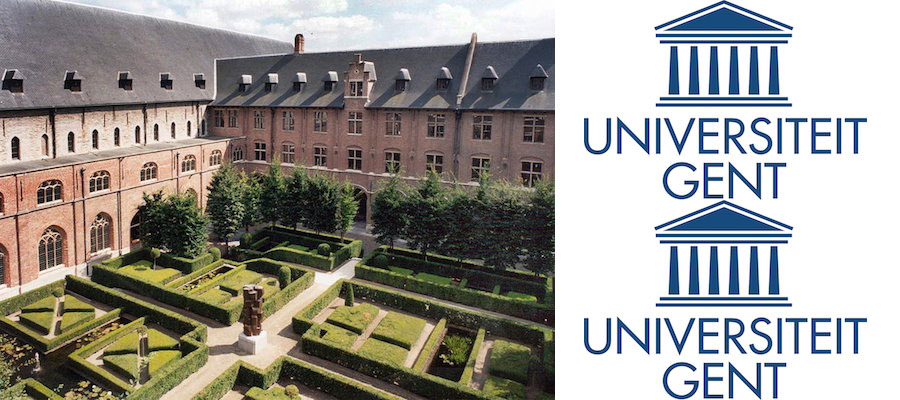The Greek Section of the Departments of Literary Studies and Linguistics at Ghent University (Belgium) is seeking a well-qualified collaborator for the Database of Byzantine Book Epigrams (DBBE).
The Database of Byzantine Book Epigrams (DBBE, www.dbbe.ugent.be), based at Ghent University, will launch a completely revamped version in the near future, and is therefore seeking a well-qualified collaborator to maintain data and prepare records.
The candidate will be part of a team of pre- and postdoctoral scholars within the project Poetry from the Margins. Literary, linguistic, philological and cultural-historical analysis of a new corpus of Byzantine book epigrams (800-1453), directed by Professor Kristoffel Demoen and generously supported by the Research Fund of Ghent University (within the “Concerted Research Actions” program). It is based at the Greek Section of the Departments of Literary Studies and Linguistics.
The successful applicant will start employment on 1 September 2019.
Tasks
- create and maintain the textual records that form the core of the digital database, relying on primary sources and existing publications;
- adapt the existing records to the structure of the soon-to-launch database;
- consult Greek manuscripts, primarily by way of digital reproductions;
- contribute to the scholarly activities of the research group (e.g. organizing events in collaboration with the other members of the team, or participating in co-publications);
- come and live in Belgium, work closely together with the other team members, and contribute to a pleasant and stimulating atmosphere.
Qualifications
- an MA degree in classics (with an emphasis on Greek) or in Byzantine philology. In order to be eligible, candidates must have obtained their MA degree at the time of application or demonstrate convincingly that they will have that degree in hand by September 2019;
- excellent knowledge of classical Greek, and at least good notions of medieval Greek;
- very good knowledge of Greek paleography and editorial techniques, as evidenced by their curriculum studiorum (courses, subject of papers and dissertations, summer schools, etc.);
- very good knowledge of English and at least good reading skills of several other languages relevant to the field (primarily German, Italian, French, Modern Greek);
- the attitude to contribute to a research team.
